Advancing Racial Equity Through Business Practices and Products
December 13, 2022
B Corps Structure Anti-Racism into Everyday Business Models
As we near the end of the year, B Lab U.S. & Canada celebrates Certified B Corporations that are using business as a force for good every day to create an economy that works for all people. In appreciation for their leadership and collaboration, this month we’re highlighting how companies in the B Corp community are advancing the three pillars in B Lab U.S. & Canada’s theory of change: a stakeholder economy, racial equity, and climate justice.
This article focuses on how B Corps are adapting policies and practices to advance racial equity by addressing systemic racism and bridging the racial wealth gap. Examples highlighted this year include creating equal access to internship and mentorship programs, building and highlighting collections of goods created by People of Color, and establishing internal policies that reinforce equitable pay. As Max Mintz of B Corp Common Interests said: “It’s uncomfortable work, as we uncover unconscious biases and realize the impact of our firm and our investments and our policies on all of these issues. It led us to an interesting place.”
As they work collectively on the journey toward racial equity, B Corps are exploring new ways to use business as a force for good while unlearning, discovering, and collaborating.
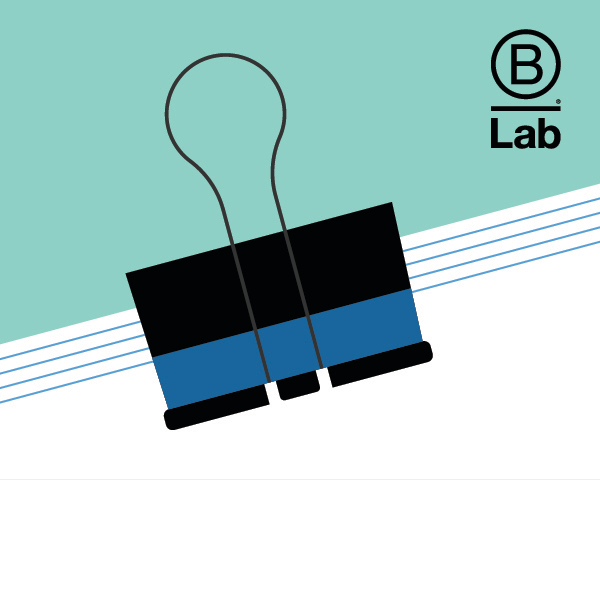
Anti-Racism Business Resource: Commit and Act
This guide from B Lab includes commitments, actions, and ideas for business leaders ready to shift toward anti-racist business practices.
In the wake of George Floyd’s murder and the social upheaval in 2020, numerous businesses made public statements in support of inclusion and racial equity. Realizing that anti-racism is a journey, B Corps in the U.S. and Canada are creating and reimagining partnerships and products to dismantle racist systems and policies in their everyday work. As they continue their company’s work to become anti-racist, these B Corps moved forward this year in that journey:
- Common Interests helps its clients put their money to work in alignment with their values through impact investing and holistic financial planning. Internally, the B Corp is focusing on creating equal access to advantages by partnering with a network of other financial firms to create an internship and mentorship program that recruits from historically Black colleges and universities. Common Interests also has developed an online questionnaire for clients that helps identify investment priorities for social and environmental benefit.
- Since establishing its Diversity, Inclusion, and Belonging committee in 2018, Uncommon Goods has taken a thoughtful, genuine approach to engage workers in racial equity work. Beth Rivera, Uncommon Goods’ Head of People, leads the committee and its 25 other members representing a cross-section of the business. “We have a lot of work to do,” Rivera says. “It’s a journey — not an event — that we’re making with support and guidance from our team members.” One change made after the summer of 2020 was the company’s commitment to becoming a source for products created by independent makers who are People of Color. This growing collection connects customers with new products and provides a new market for makers.
- Research shows the benefits of a more diverse workforce — financial, societal, professional, and otherwise. But it was the firsthand experience as a marketer and educator as well as a desire to better resemble and serve the community that inspired Nico Brooks and his colleagues at Two Octobers to establish a new hiring program. Denver-based B Corp Two Octobers now offers a digital marketing apprenticeship to provide an on-ramp to careers in the field for applicants who identify as People of Color or do not have a college degree. “The spirit of this was to keep people employed and to invest in the community,” Brooks says.
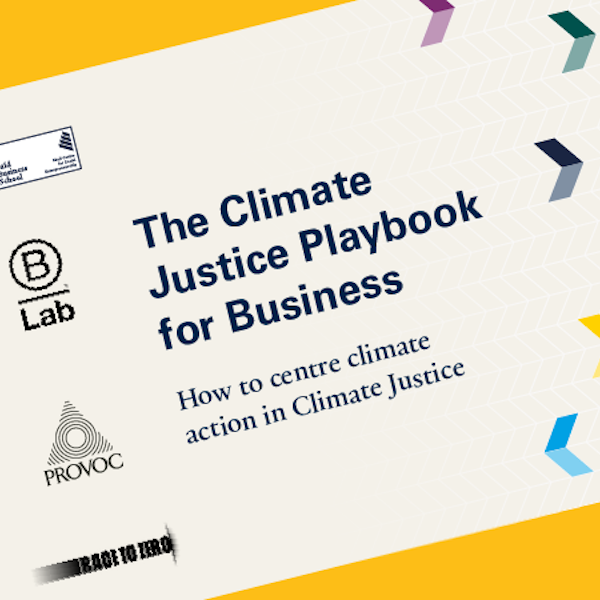
The Climate Justice Playbook for Business
This practical guide from B Lab features information to help business leaders understand the intersection of climate action and social justice and advance a justice-centered approach to climate action.
Business Practices to Bridge the Racial Wealth Gap
To help catalyze this systemic change, B Lab U.S. & Canada launched the RESET Leadership initiative (RL2030) in partnership with Imperative 21 and The B Team. RL2030 has a focus on three pathways — aligning the rules, diversifying leadership, and achieving racial equity — and is designed to support business leaders to act collaboratively through interconnected trainings and workshops. An online workshop this year highlighted B Corps and other organizations working to bridge that $10 trillion racial wealth gap through their practices and programs. These include:
- B Corp Cyborg Mobile, which provides a sustainable pipeline for youth to give underrepresented communities the opportunity to thrive in the tech market. CEO Kobie Hatcher said the technology and management consultancy targets graduates of two-year community colleges who are more likely to be People of Color and less likely to be recruited by big-name tech firms for its mentorship program. The program includes wraparound supports to provide technical and life skills. “It’s one thing to bring diversity into an organization; it’s another thing for people to stay,” Hatcher said. “If anyone’s going to work with us, we need to work with the receiving organization of our talent base on inclusive behaviors. That is a long-term journey. No one gets it the first go-around.”
- B Corps Rhino Foods, which developed the Income Advance program that provides no-questions-asked loans of up to $1,000 to employees that are repaid through payroll deductions, and Mascoma Bank, one of the financial institutions that supports organizations implementing Income Advance. “We’re serving a group of people who are underbanked,” said Rhino Foods CEO Ted Castle. “We’re introducing them to a financial institution. Most don’t have checking accounts, they have poor credit scores. That introduction to a bank and to be making payments is really the habit-forming part of this that cannot be minimized.”
- Urban Institute, which tracks and reports data to spotlight why the moment is now to act on the racial wealth gap. Determining which programs help address the racial wealth gap over time is the goal for Steven Brown, Associate Director of Race and Equity Research at the Urban Institute. “The racial wealth gap is huge, but it doesn’t get any smaller unless People of Color are gaining wealth faster than white people. That is going to be a particularly tough challenge,” he said. “We have to be able to do this at a rate so people are able to make that progress. We also need to figure out policies that allow people to do that successfully and sustain and build wealth over time. There are companies that are trying to do this work on the journey to figuring out what this looks like.”
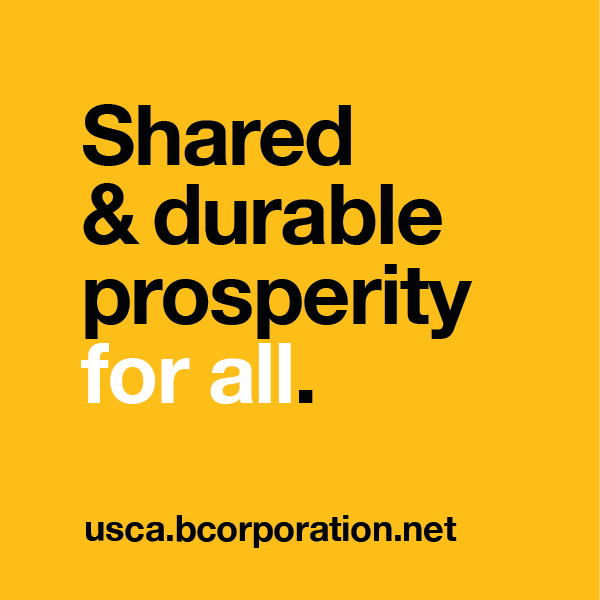
The Future of Work Is Now
The community of Certified B Corporations knows that profits don’t have to come at the expense of other stakeholders. Learn more in this downloadable report.
Pay Equity Practices to Address the Racial Wealth Gap
Salaries have long been a bit of a taboo subject in workplaces, but that has changed as more companies and employees seek greater transparency about policies and practices. As a community of businesses that value transparency in their operations, B Corps — including smaller enterprises — provide real-world examples of pay equity reviews and processes.
- At B Corp LimeRed, President and Founder Emily Lonigro uses several guidelines to promote equal pay, including never asking for a salary history. “On the surface, it makes sense: If a company can get a great employee who wants the job and they accept a low offer, the company saves a bunch of salary dollars,” she says. “The problem is that women and People of Color are typically paid less, so asking for that salary history only perpetuates the cycle of pay inequity.”
- When Alisa Ryan Herr founded B Corp Unity Web Agency, she used her previous work experiences as motivation to make a bold commitment to pay equity. Initially this involved use of an open salary index, which calculated pay based on job duties, responsibility, and experience. Eventually, Unity took a bigger step by eliminating pay differences in 2020. “A person should be paid based on their employment status with the company — and that’s it,” she says. “That means our lead web developer and our project manager both make the same amount of money. And our part-time employees make the same hourly rate equivalent as our full-time salaried employees. And yes, that also means that I — the CEO — also make the same amount of money that my employees make.”
-
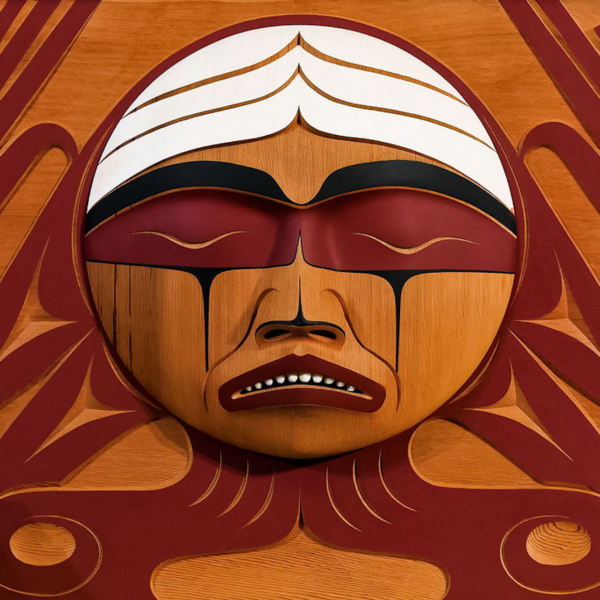
Justice, Equity, Diversity, & Inclusion
Responsible Business Requires Truth and Reconciliation
Read More -

Anti-racism
How to Measure Diversity Internally and Build Inclusive Workplace Practices in Pursuit of Racial Equity
Read More -
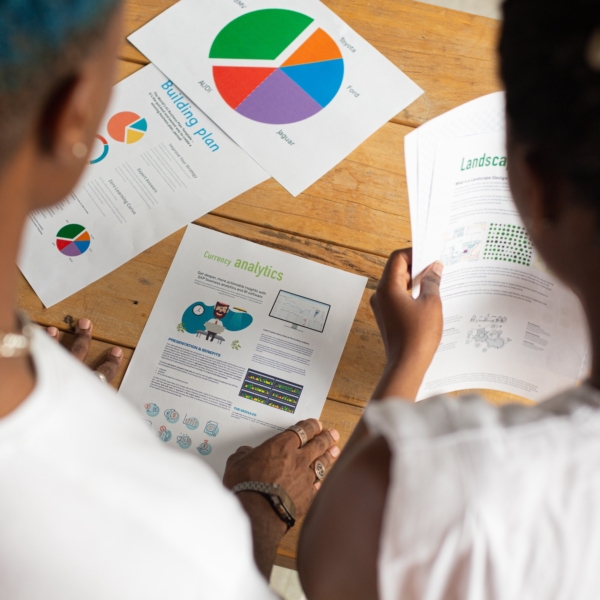
Justice, Equity, Diversity, & Inclusion
Level 2.0: Continuing the Conversation with Women of Color Changing the World
Read More -

Business Strategy
Speaking Up for Systems Change: RESET Leadership Initiative Aims to Amplify B Corp Policy Advocacy and Create Networks for Collaborative Change
Read More
Sign Up for our B The Change Newsletter
Read stories on the B Corp Movement and people using business as a force for good. The B The Change Newsletter is sent weekly.
